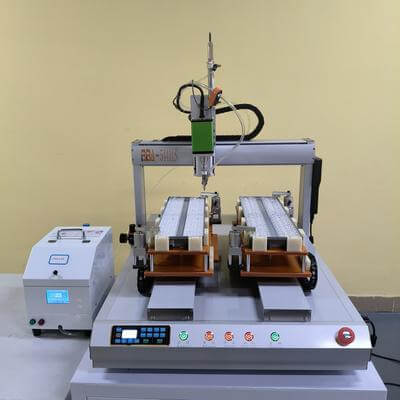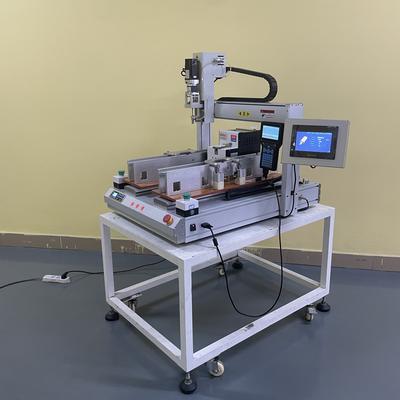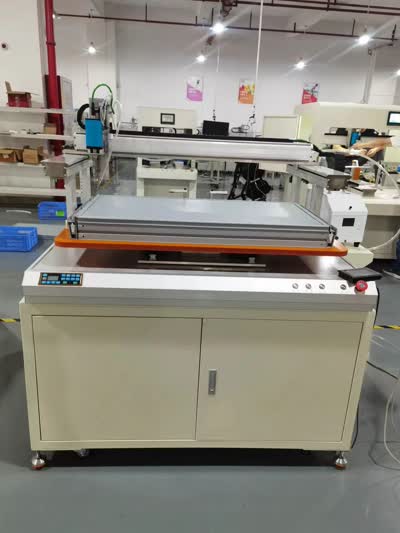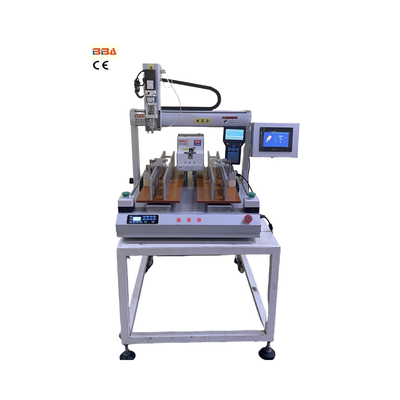Programmable Logic Controllers for Fastening Automation | PLC Industrial Control
Programmable Logic Controllers for Fastening Automation
In the rapidly evolving landscape of industrial manufacturing, precision, reliability, and efficiency are paramount. Fastening operations, a critical process in countless assembly lines from automotive to consumer electronics, demand unparalleled accuracy and repeatability. This is where Programmable Logic Controllers (PLCs) step in as the technological backbone, revolutionizing how these tasks are performed and controlled.
The Critical Role of Precision in Fastening
Modern assembly processes involve complex sequences of fastening operations where every bolt, screw, or nut must be tightened to exact specifications. An under-torqued fastener can lead to product failure, while an over-torqued one can damage components. Manual processes or outdated control systems simply cannot guarantee the consistent precision required for high-volume production. This gap is seamlessly bridged by advanced PLC systems, which provide the robust computational power and deterministic control needed to manage these intricate processes.
How PLCs Elevate Fastening Automation
A PLC dedicated to fastening automation acts as the central nervous system of the operation. It integrates directly with a range of smart tools, such as servo-driven screwdrivers and nut runners, torque sensors, and vision systems. The controller executes pre-programmed logic that dictates every aspect of the fastening cycle:
- Precise Torque and Angle Control: Executes complex tightening strategies like torque-to-yield, ensuring each joint meets exact engineering specifications.
- Real-Time Monitoring and Data Logging: Continuously collects data on every fastening point, creating a complete digital record for traceability and quality assurance.
- Error-Proofing and Diagnostics: Instantly detects errors such as cross-threading, missing fasteners, or tool malfunctions, halting the process to prevent defective products from moving down the line.
- Seamless Line Integration: Communicates with higher-level supervisory systems (SCADA, MES) and robotics to synchronize fastening stations with the overall production flow.
Beyond Basic Control: The Data Advantage
The true power of a modern PLC in fastening automation extends beyond simple control. It is a gateway to Industry 4.0 and data-driven manufacturing. By aggregating vast amounts of process data, these controllers enable predictive maintenance alerts, trend analysis for tool wear, and deep insights into production quality. This data empowers engineers to optimize processes continuously, reduce downtime, and achieve unprecedented levels of Overall Equipment Effectiveness (OEE).
Selecting the Right PLC for Your Application
Choosing an appropriate PLC system depends on several factors, including the number of fastening points, the required speed of operation, communication protocols, and the complexity of the tightening strategies. Modern controllers offer scalable I/O, high-speed processing, and robust networking capabilities to fit everything from a single standalone station to a complex multi-spindle cell. Their rugged design ensures reliable operation in harsh industrial environments, resisting vibration, electrical noise, and temperature fluctuations.
The Future is Connected and Adaptive
The future of fastening automation lies in even greater connectivity and intelligence. Next-generation PLCs are incorporating advanced features like machine learning algorithms to self-adjust parameters for optimal performance and integrated safety functions compliant with IEC 61131-3 standards. This evolution is creating smarter, more adaptive, and more efficient manufacturing cells that are essential for maintaining a competitive edge.
In conclusion, the integration of specialized Programmable Logic Controllers is not merely an upgrade but a fundamental necessity for any serious fastening automation application. They provide the precision, reliability, and data intelligence required to meet the stringent quality demands of today's industries, ensuring that every product is built perfectly, every time.
| Product Name | Applicable industries |
| Automatic Screw Feeder | Home Appliance Production |



